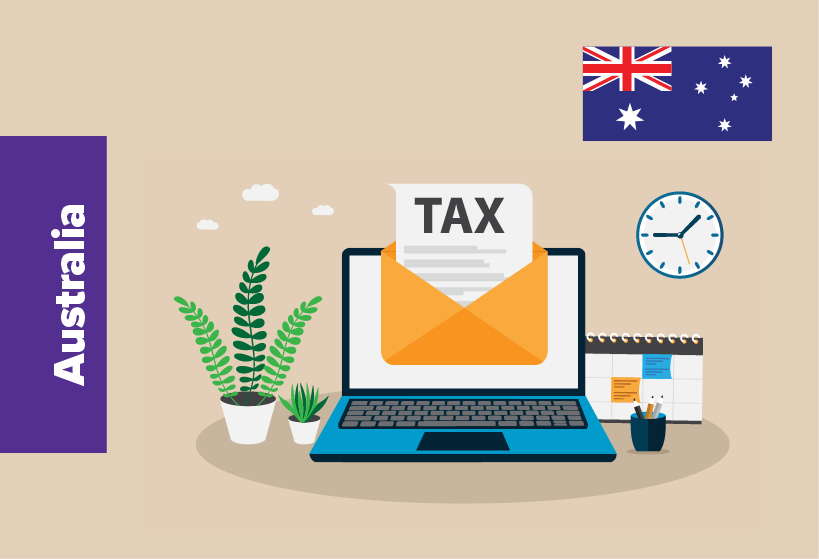
What New Zealand’s New Tax Bill Could Mean for You
The Taxation (Annual Rates for 2025–, Compliance Simplification, and Remedial Measures) Bill, tackles everything from overseas investments to selling extra solar power back to the grid.
For everyday investors, one of the most practical updates is around foreign investment fund (FIF) income. At the moment, people with offshore shares often face complicated calculations and the risk of paying tax twice. The new system, called the revenue account method (RAM), is designed to make life simpler by taxing investors only when they actually receive dividends or sell their shares.
There are also changes on the way for businesses involved in joint ventures. Under the current system, joint ventures can be tripped up by GST obligations that don’t always reflect how these partnerships work in practice. The new rules will let each member of a joint venture handle GST through their own registration instead of setting up a separate one. This “flow-through” approach, due to start in April 2026, should reduce red tape and align more closely with how many industries already operate.
The Bill also includes a number of measures that could impact households and employees directly. If you work for an unlisted company and take part in an employee share scheme, the timing of your tax bill could soon be more flexible thanks to a deferral regime. Meanwhile, homeowners with solar panels will welcome news that income from selling excess electricity back to the grid will be tax-free.
Travellers are also on the radar. Non-residents visiting New Zealand will be able to do remote work without triggering Kiwi tax obligations, making it easier for digital nomads to spend time in the country. On the regulatory side, Inland Revenue will gain broader powers to share information with other government agencies and the police, especially in relation to tackling financial crime.
Overall, the reforms are being pitched as a way to simplify the system, cut unnecessary compliance costs, and make tax obligations more practical for both individuals and businesses. For everyday Kiwis, the changes could mean fewer headaches, more clarity, and even some financial savings.



